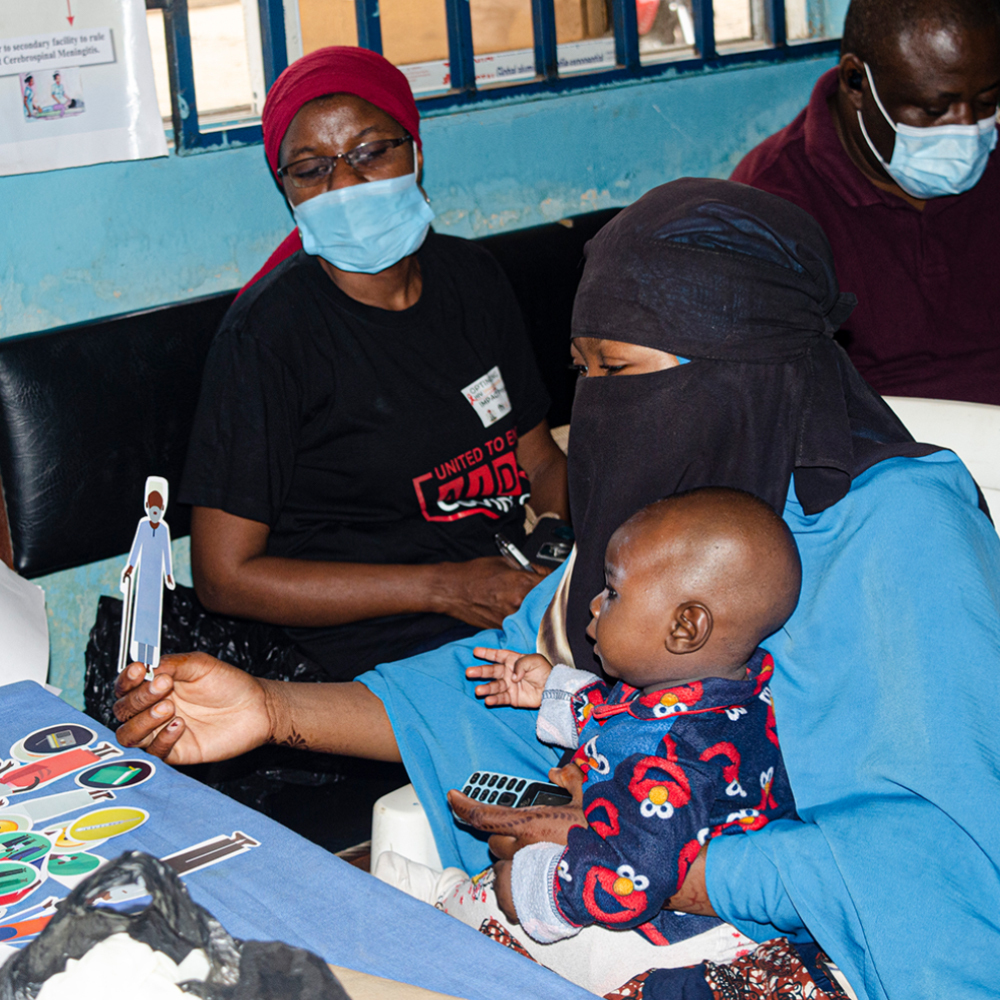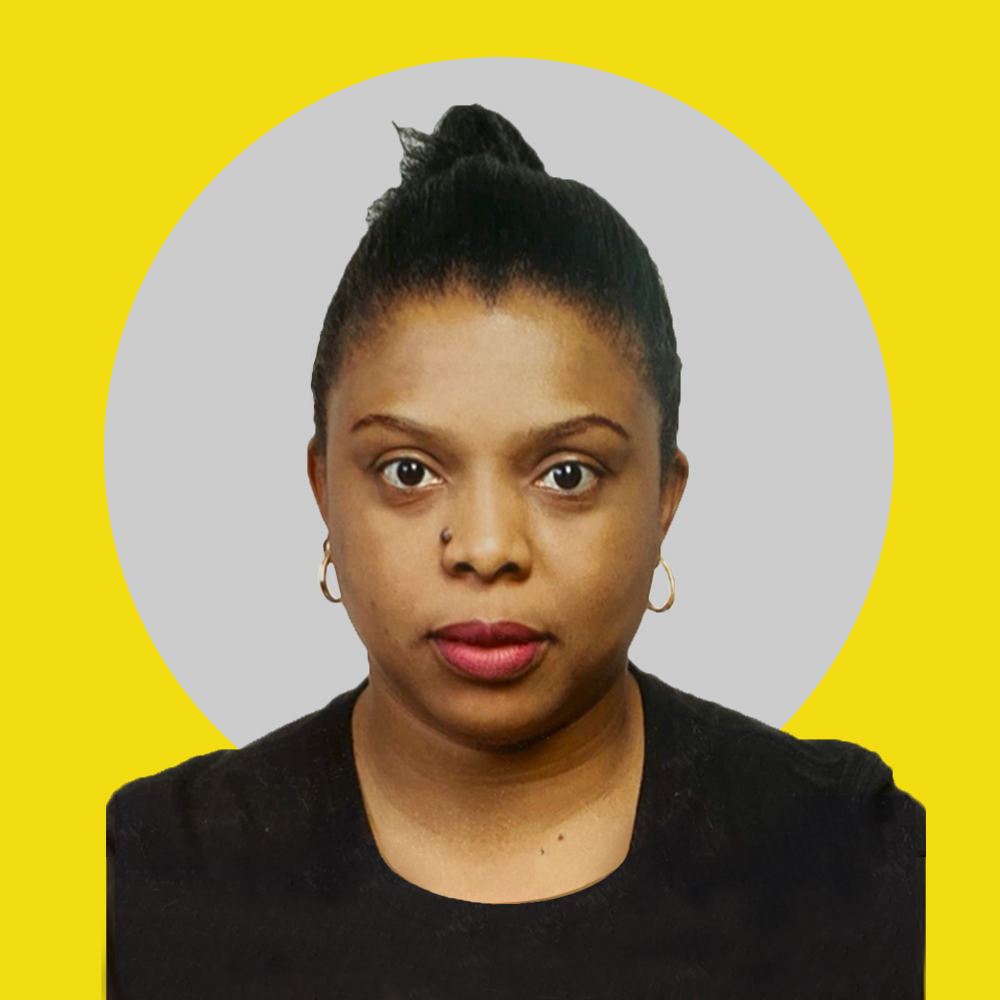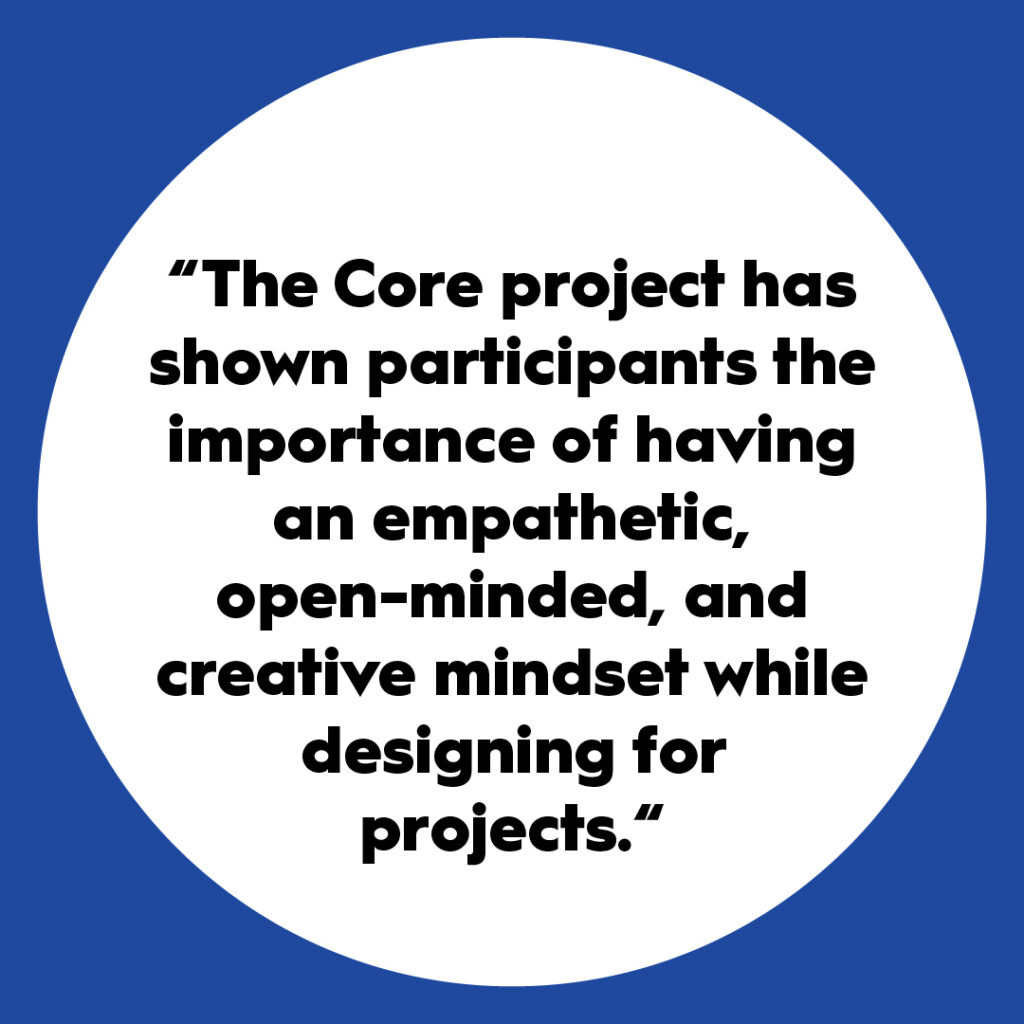Embedding human-centered design in primary healthcare practice
Scope’s Core Nigeria project supports Nigeria’s federal and state government officials and public health professionals in applying human-centered design (HCD) to rethink and strengthen essential healthcare services disrupted by the COVID-19 pandemic. Through Design Clinics, structured on a learning-by-doing approach, Niger and Lagos state participants are building people-centric innovation mindsets and skills to bring to their public health challenges. One of our key partners in the project is Clinton Health Access Initiative (CHAI) Nigeria. We were delighted to discuss with Nneka Benedicta Onwuasor, CHAI’s Senior Programme Manager, about her experience with the design process.
How have public health participants from Niger and Lagos state government responded to Core Nigeria’s innovation-led approach?
The participants from both states have shown willingness to learn the innovative, human-centered design approach and immersed themselves fully into the project. They have developed potential solutions that are sustainable and possible to be implemented entirely and independently by the government.
State participants now have a clearer understanding of the need for stakeholders’ and beneficiaries’ input throughout the lifecycle of a project and the importance of iterating to improve at every stage of programme design and implementation. They also feel confident to use human-centered design in their work, as their capacity and competence on HCD have been built to a considerable level through the Design Clinics.
How has participating in Core Nigeria supported CHAI in advancing its goal to protect mothers and reduce unintended pregnancies?
Clinton Health Access Initiative always puts beneficiaries at the forefront while designing projects. Participating in the Core project has given me a better understanding of the importance of having stakeholders’ and beneficiaries’ input at each stage of a project from planning to implementation. The Core project has also built my human-centered design skillsets. Now I feel much more confident in applying HCD to resolve challenges encountered during programme implementation.
For example, I’m currently working on a project that aims to increase access to and uptake of postpartum family planning services amongst women of reproductive age, particularly young first-time mothers who deliver outside of health facilities. My team and I work closely with young first-time mothers to test models which were developed at the start of programme design. This helps us to understand which work and which need to be improved or discarded.
Now, after we have iterated the models and improved them based on feedback from both stakeholders (government officials) and beneficiaries (healthcare workers, volunteer community health workers, women of reproductive age), we have begun to see an increase in the provision and uptake of services at programme-supported health facilities.
What additional value has the application of HCD brought to the state government’s COVID-19 response?
Human-centered design has provided an opportunity for state participants to make quick decisions and solve problems under the constantly changing COVID-19 situation. The Core project has shown participants the importance of having an empathetic, open-minded, and creative mindset while designing for projects.
For example, the Lagos state government adopted an inclusive approach to COVID-19 response by soliciting support and feedback from stakeholders through emergency operating centres and during state-level engagements. State participants are now better equipped to come up with ideas tailored to address issues and gaps, and the government’s limited resources are channelled to areas where they can have the greatest impact.
What are your biggest learnings from taking part in Core Nigeria’s HCD process and how will you apply them moving forward?
I have learnt how to use selected insights from design research findings as a starting point to develop concepts. Applying the creative methods and tools have helped me guide the ideation process, which inspired me and the team to develop new and innovative solutions. I also learnt how to turn selected concepts into simple mock-ups and prototypes that will be tested and developed further.
Human-centered design requires developing new ideas that are grounded in an understanding of the needs, behaviour, and contexts of the people who will interact with the final product, service, or policy. Therefore, going forward, I will ensure that during the design process all participants are aware of the right mindsets to use while designing and implementing projects.
I’m really looking forward to seeing our initial concepts prototyped, tested, and finalised based on feedback from the beneficiaries and scaled up across Niger and Lagos states.
Back to news

